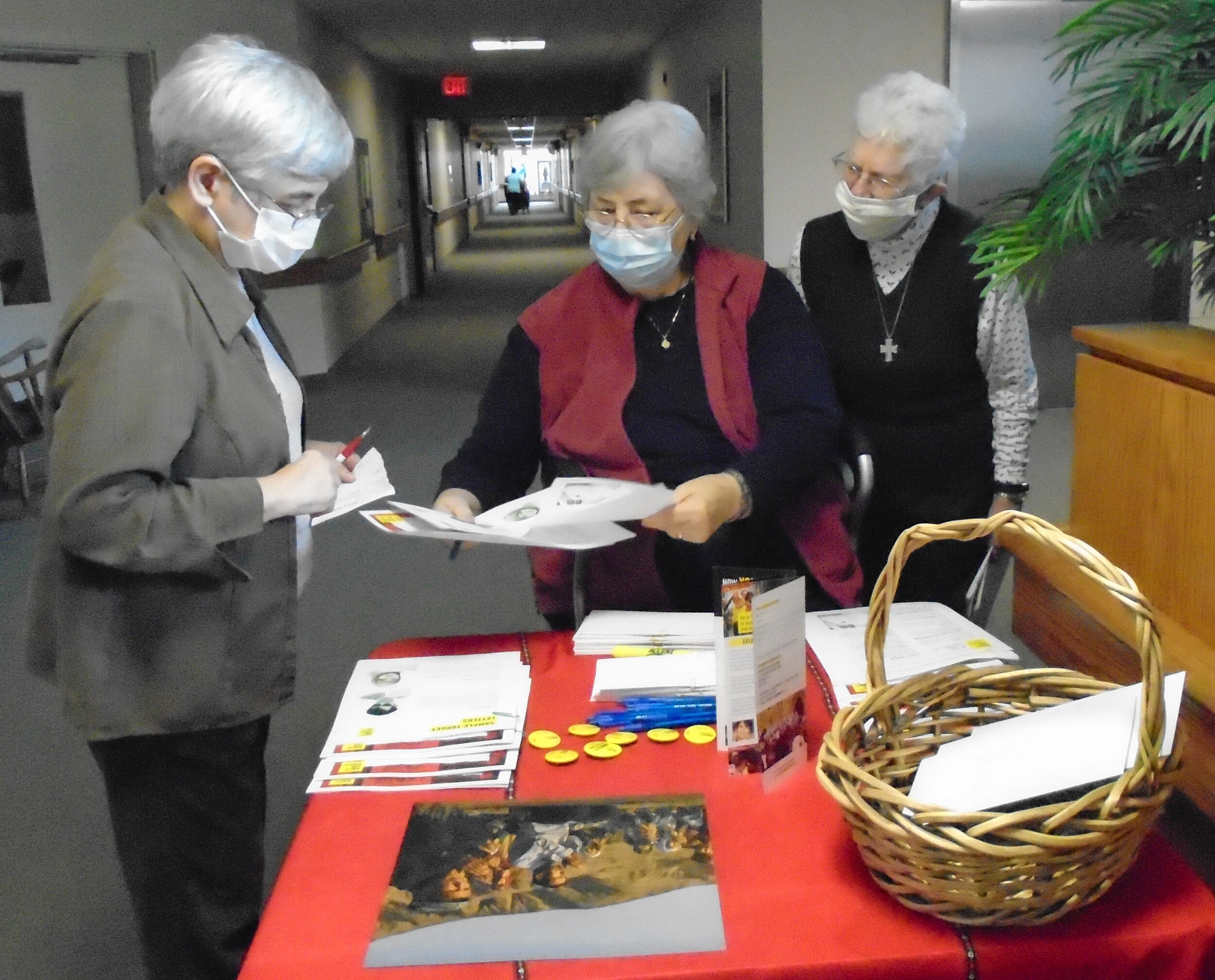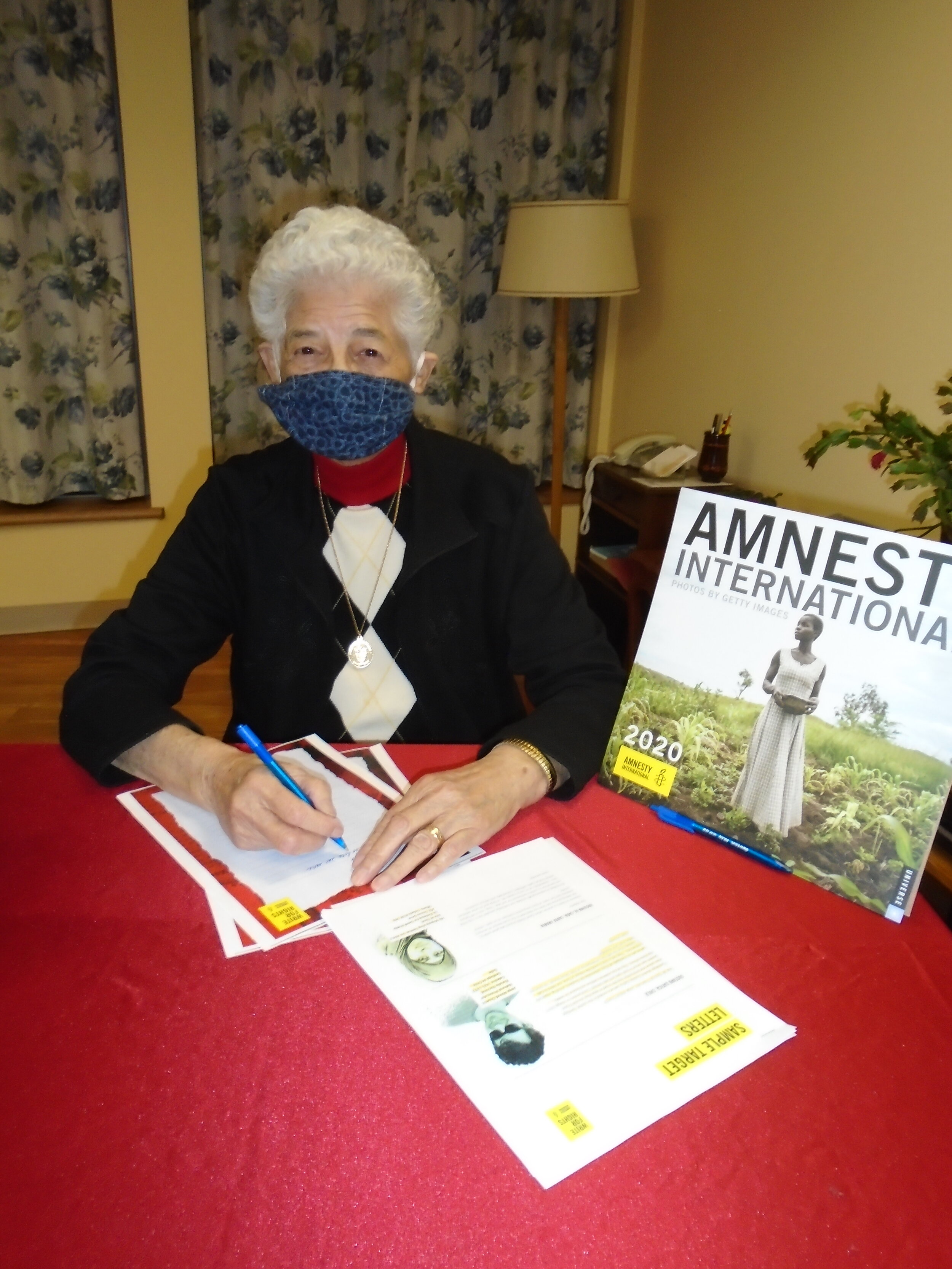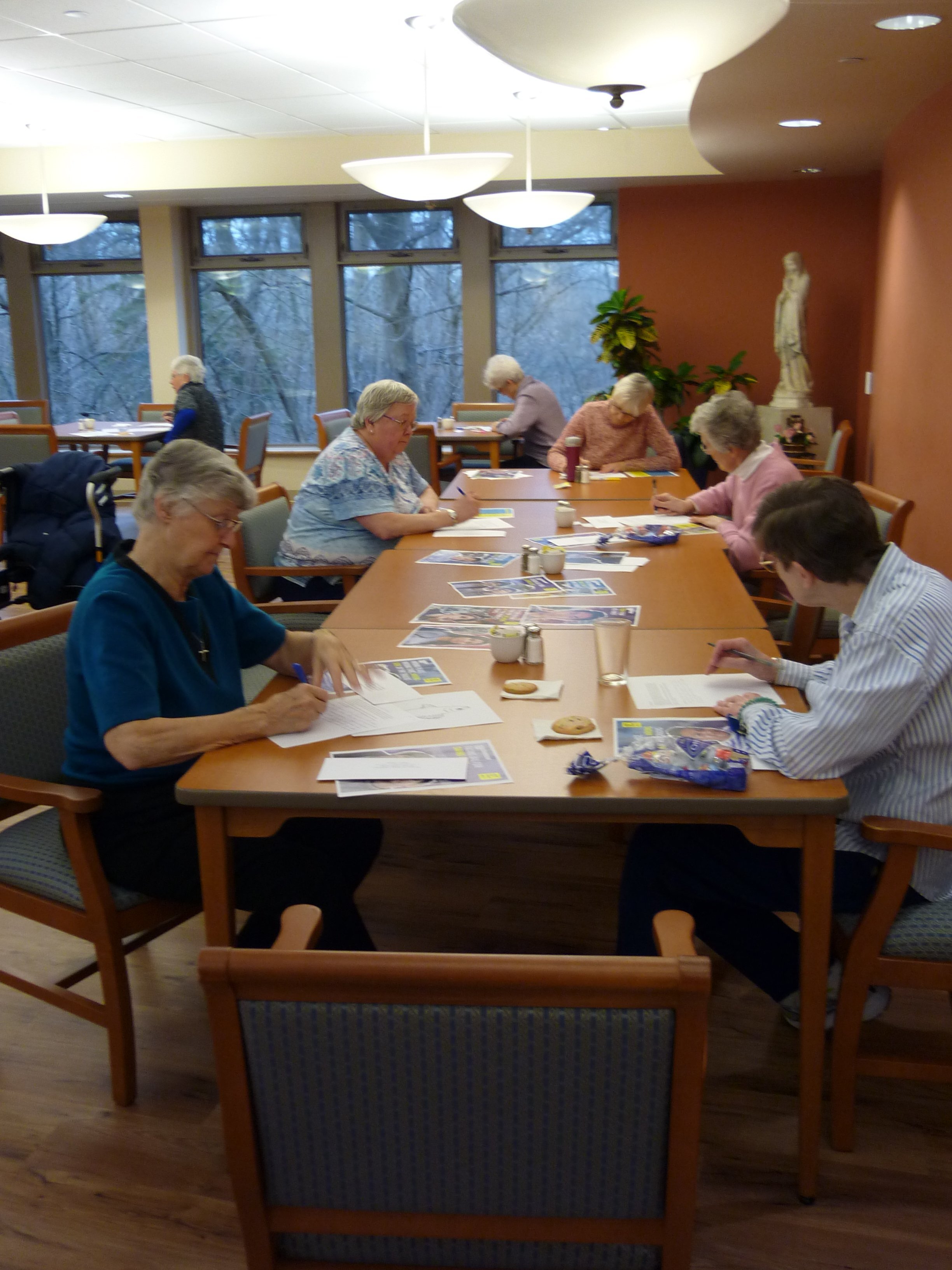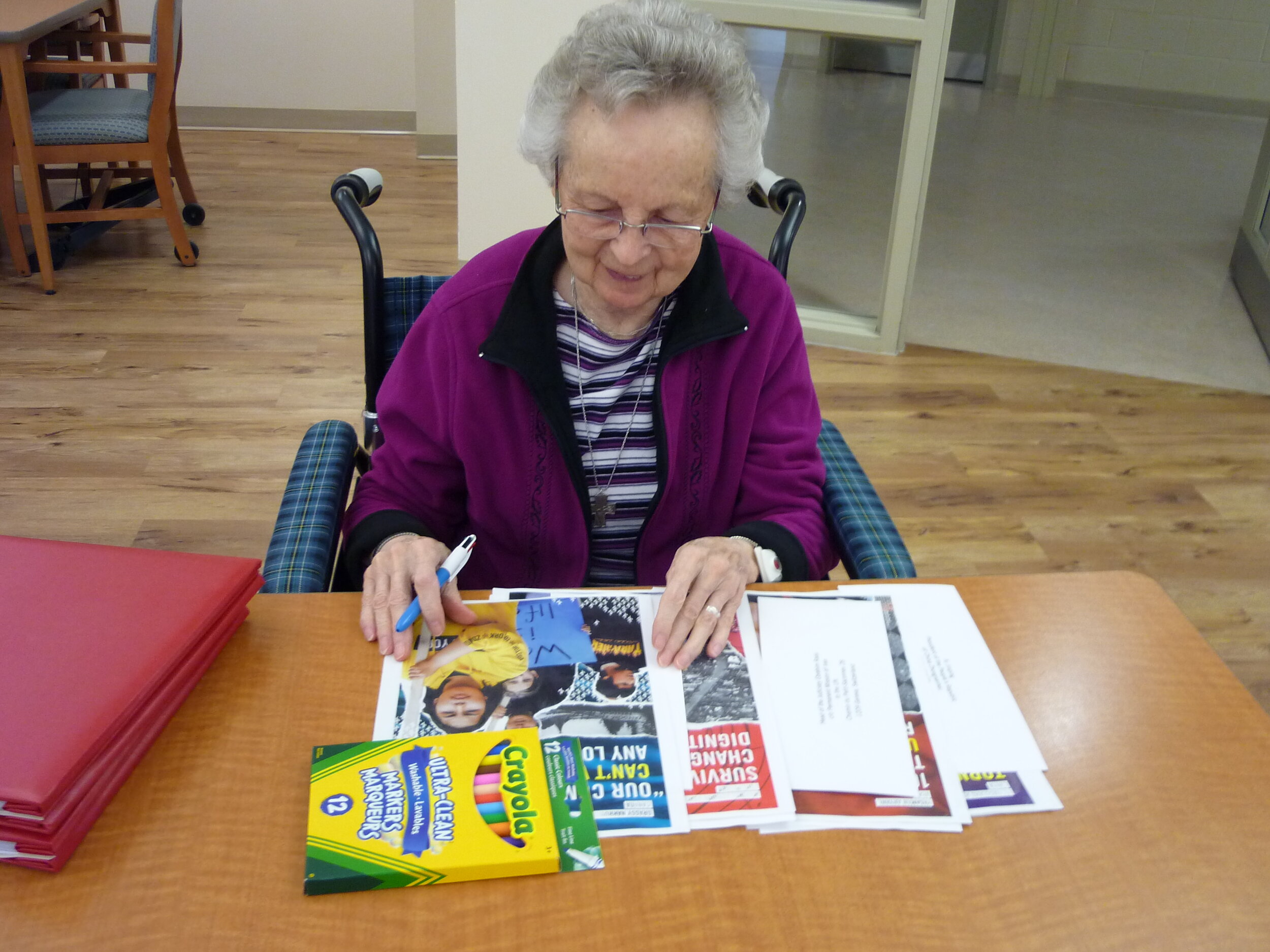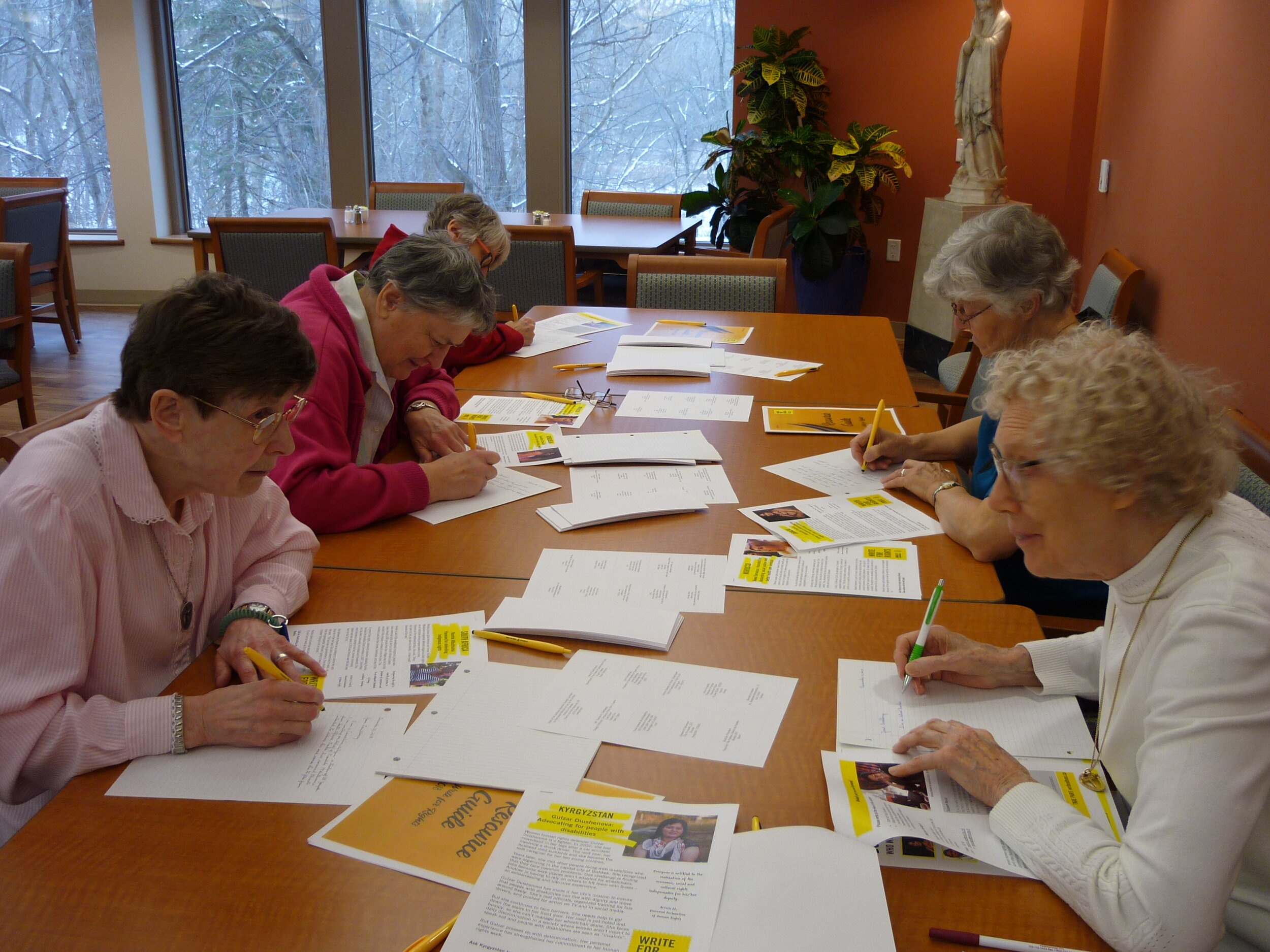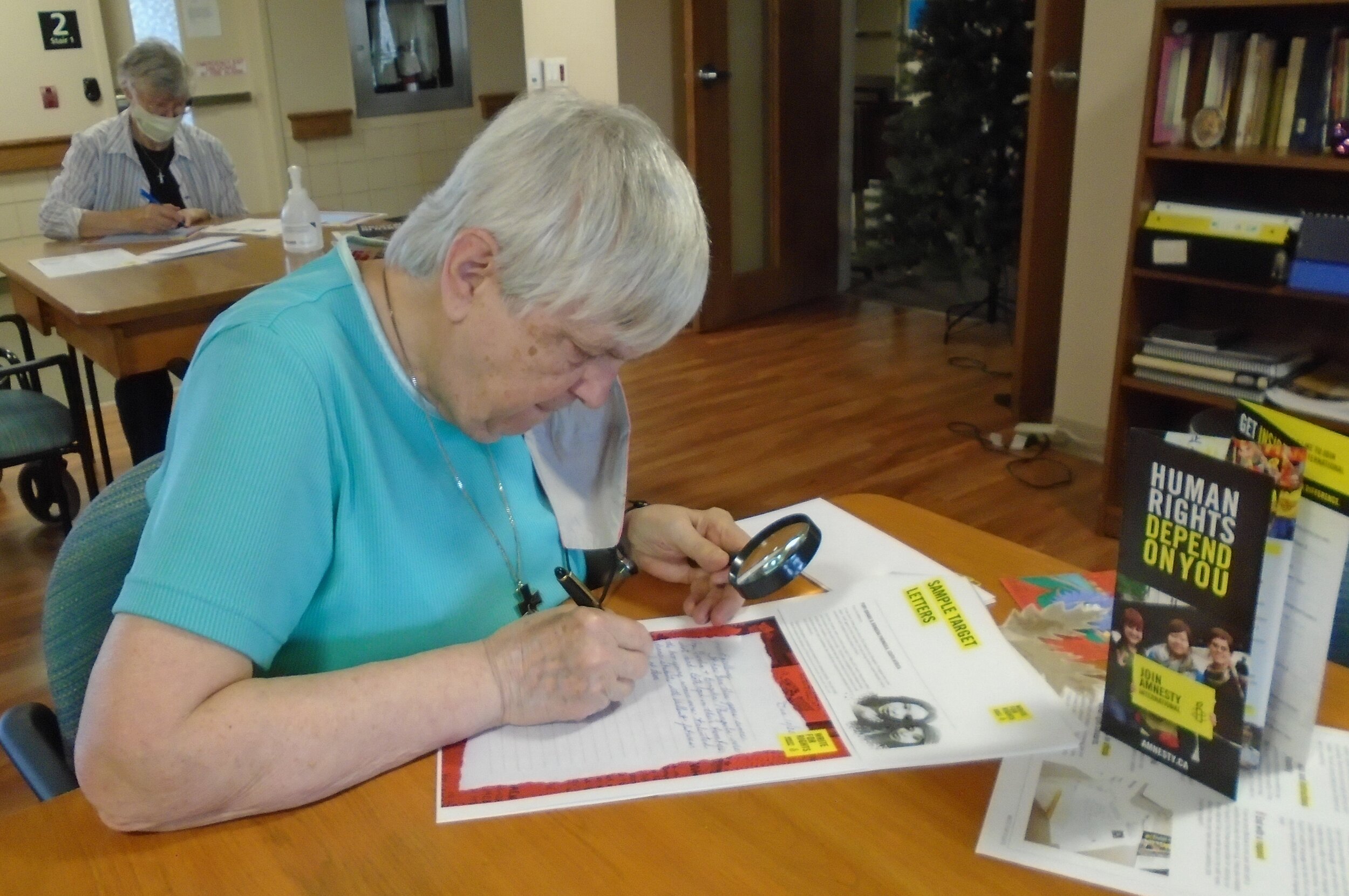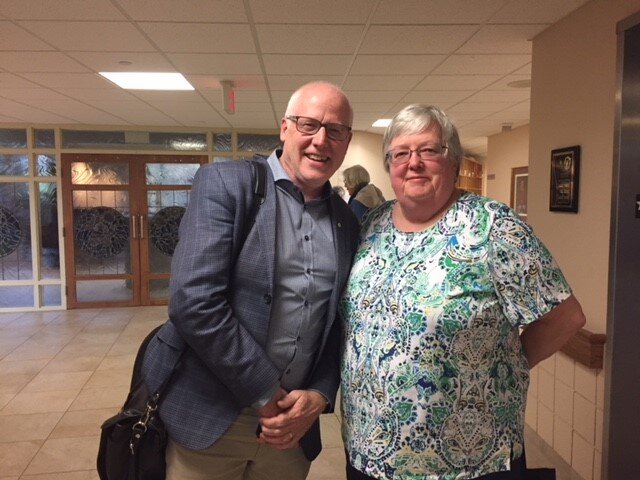60 years ago, on May 28, 1961, the worldwide movement for human rights that is now Amnesty International was born.
A few weeks earlier, British lawyer Peter Benenson was on a commuter train heading into London when he read a news story about two Portuguese students who were sent to prison for several years just for having raised a toast to freedom in a restaurant. Outraged at this injustice, when he disembarked from the train Benenson went into the Church of St. Martin-in-the-Fields near Trafalgar Square and prayed for guidance. The inspiration for what was to become the world’s largest grassroots human rights movement was born.
On May 28, 1961, The London Observer published an article on their front page written by Peter Benenson titled “The Forgotten Prisoners” which launched the “Appeal for Amnesty 1961” – a campaign calling for the release of all people imprisoned in various parts of the world because of the peaceful expression of their beliefs.
In the article, Benenson made the case for the students’ release and urged readers to write letters of protest to the Portuguese government. The article also drew attention to the variety of human rights violations taking place around the world and coined the term “prisoners of conscience” to describe “any person who is physically restrained (by imprisonment or otherwise) from expressing … any opinion which he honestly holds and does not advocate or condone personal violence.”
Reprinted in newspapers around the world, Benenson’s campaign for amnesty received hundreds of offers of support. In July 1961, delegates from Belgium, the United Kingdom, France, the United States, Germany, Ireland, and Switzerland met to begin “a permanent international movement in defense of freedom of opinion and religion.” The following year, this movement would officially become the human rights organization Amnesty International.
Amnesty International took its mandate from the United Nations Universal Declaration of Human Rights, which was adopted in 1948, which holds that all people have fundamental rights that transcend national, cultural, religious, and ideological boundaries.
The Canadian Section of Amnesty International was officially incorporated in 1973, but there were Amnesty activists in this country almost from the moment the movement was born globally.
60 years later, on this May 28, more than 10 million people in over 150 countries around the world are part of the Amnesty International movement. Amnesty members believe that all people in our world – regardless of who they are, where they were born, the language they speak, their spiritual beliefs, their age, or gender – are deserving of the same human rights. They also believe that there is something each one of us can do to take action to improve the lives of people experiencing human rights violations.
The Sisters of St. Joseph in London have been stalwart supporters of, and partners in, Amnesty International’s work for justice and dignity for all people for decades.
Sisters work on writing Amnesty Letters
Over the past several years, the financial and spiritual support from the Sisters of St. Joseph has been instrumental in advancing Amnesty International’s work in solidarity with Indigenous Peoples and communities in Canada. In 2004, the Sisters of St. Joseph provided the funding needed for our first research project on the national crisis of Missing and Murdered Indigenous Women and Girls. Our first report, Stolen Sisters, published in 2004, and the follow-up No More Stolen Sisters in 2009, were instrumental in our work in solidarity with Indigenous communities in demanding a national inquiry and national action plan for this human rights crisis.
The compassionate and caring support from the Sisters of St. Joseph for individuals like Maher Arar and his family, after his return to Canada from Syria where he had been tortured and imprisoned for more than a year, were remarkable. Your constant interest in the case of Omar Khadr was also notable.
More recently, generous contributions from the Community of the Sisters of St. Joseph have funded urgent work on refugees, crisis work in Yemen and Syria, advocating for the Uyghurs held in prison camps in China, and much more. The Sisters of St. Joseph have helped protect the rights of protestors in Hong Kong, helped outlaw child marriage in Burkina Faso, helped educate the next generation of activists in South East Asia, and helped free unjustly detained human rights defenders like Loujain Al-Hathloul in Saudi Arabia, imprisoned solely for her advocacy for women’s rights in that country.
Amnesty International is only able to do our human rights work with the activism and support of extraordinary donors like the Community of the Sisters of St. Joseph in the Diocese of London.
We send our heartfelt thanks for your partnership in our shared goal of a world with more justice and dignity for all people. We look forward to working with you over the next 60 years!
With heartfelt appreciation from all of us at Amnesty International.






